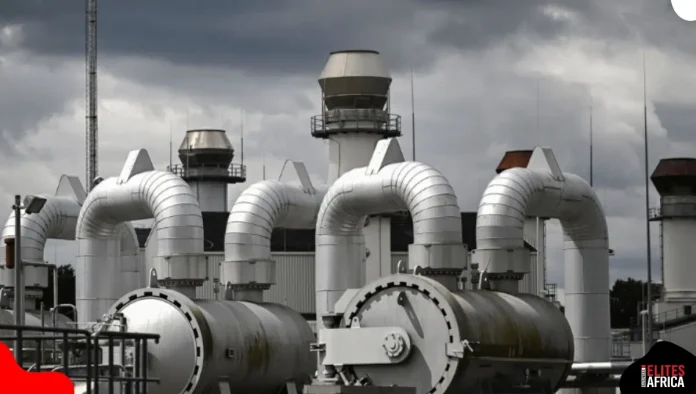
The federal government just confirmed a new $2 billion investment, bringing total gas deals to over $8 billion in the last 18 months under President Bola Tinubu. The message is clear: Nigeria is shifting from relying on risky oil income to building its economy around gas for local industry and exports.
According to officials in the Ministry of Petroleum Resources, the latest investment will be channelled into pipeline infrastructure, processing facilities, and LNG feedstock projects.
The government is banking on these funds to boost national power supply, reduce reliance on imported fuels, and unlock value from Nigeria’s estimated 209 trillion cubic feet of proven gas reserves, the largest in Africa.
Energy analysts view the renewed investor confidence as a direct outcome of regulatory reforms and the implementation of the Decade of Gas Policy. However, they caution that without firm implementation timelines, lingering challenges such as infrastructure bottlenecks, pipeline vandalism, forex instability, and project execution delays could hinder actual impact.
Despite an improved investment climate, Nigeria still lags behind global gas-exporting peers like Qatar and Algeria. Industry experts stress the need for domestic pricing reforms and fiscal incentives to ensure gas projects remain commercially viable.
With global demand for cleaner fuels rising, Nigeria’s ability to convert gas deals into tangible infrastructure will determine whether its gas boom becomes a transformative economic story—or another missed opportunity.


